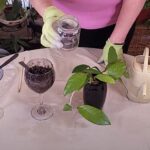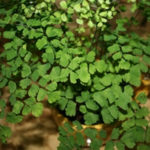Feeding Houseplants a Vegetarian, Organic Diet
When I researched my book Indoor Gardening the Organic Way a few years ago, gardening organically outdoors had become the norm. At the time, when I asked horticulturists about growing houseplants organically, though, they reacted as if I wanted to shovel horse manure in my living room. And then they insisted, “You don’t want to do that sort of thing indoors.”
While I would agree that fertilizing with a fish emulsion spray inside or keeping a compost bin in the living room (unless it’s a worm bin) would fall into the category of undesirable indoor activities, there are other options for giving your houseplants an organic diet that is sure to make them flourish. One of the best options is Sea Kelp. And here to explain why is Tom Schreiber, CEO of Organics Rx, which was founded in 2007 with the idea of creating nutrient products for plants that contain no animal byproducts.

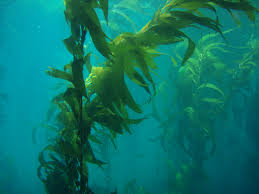
(Julie Bawden-Davis)
“Sea Kelp is a natural wonder for houseplants,” says Schreiber, whose company carries the product Sea-Kelp 100. “It is a soil enrichment that provides micronutrients and growth hormones known as Cytokinins to the soil. The result is that plant roots absorb these nutrients, which increases the size of the roots, enabling more macro-nutrients into the plant and resulting in bigger, healthier plants,” he says. “In simple terms, think of the roots as a straw and the soil as a very thick protein shake. With kelp, your plants are drinking from an oversized straw instead of a coffee stirrer.”
One of the remarkable properties of kelp is its ability to restore stressed or dormant plants, which is great news for indoor gardeners who want to save ailing houseplant friends.
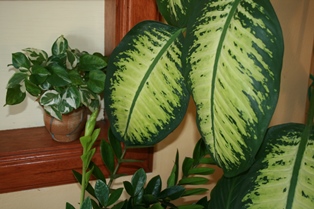

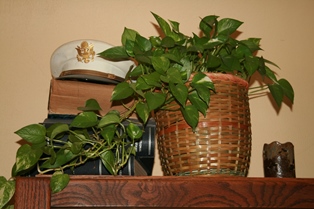
(These 3 photos, Julie Bawden-Davis)
“For those houseplants connected with lots of memories, but no longer connected to lots of leaves, we suggest trying Sea Kelp,” says Schreiber, whose company uses kelp from the North Atlantic known as Ascophyllum nodosum, which they engineer to have low sodium levels and a neutral pH.
Unlike synthetic fertilizers that can cause burned out, brown leaves and damaged roots, organic fertilizers are gentler, and much more natural. Organic fertilizers feed the soil, where the all-important roots call home.
“Healthy soil with organic nutrients is a critical component to any organic eco-system,” says Schreiber. “Other than with a foliar spray, plants get the vast majority of their water and nutrients through their roots. The soil acts as a reservoir for both water and nutrients. By feeding the soil, we feed the plants. Healthy soil also creates a better environment for worms that in turn provide their own organic nutrients and keep the soil loose enough to not constrain root growth.”
Happy roots make for happy indoor gardens and gardeners. So give your houseplants the Sea Kelp special!




